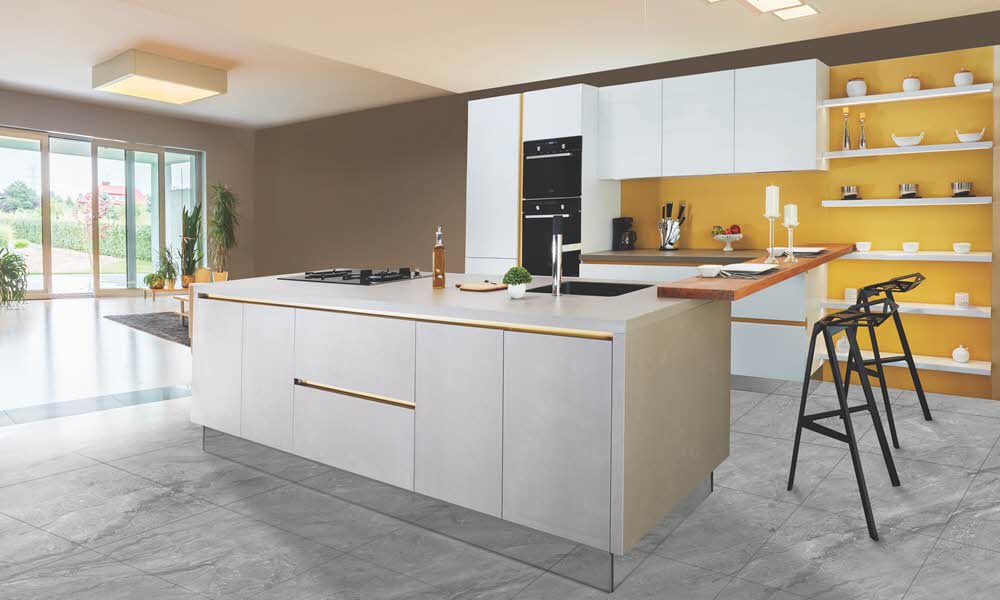When you’re family gets too big for the space that you have available in your home, you have two choices. You can extend your home, or you can move somewhere else
If you feel like you need a fresh start, need to move closer to work or school, or can’t face the prospect of builders in your home for months on end, then moving somewhere else is the obvious choice. But if you love your current home, but just need a bit more space, then an extension could be the right decision.
Either way, there are financial costs and a lot of effort that will need to go into both, so how do you choose the right option? We suggest considering these four steps before making a decision.
1. Do Your Homework, Run the Numbers
If you’re thinking about making alterations or extensions to your home, you need first to do some research. Depending on what type of renovation you’re planning, the costs will vary. You’ll need to include a budget for the work that needs to be done as well as be able to cover additional expenses if complications arise.
There are other cost implications that need to be factored in such as building regulations, planning permission and architect fees. If the extensions are large-scale, you might also have to move out and stay somewhere else while the work is underway and there will be a cost to that as well.
You will also need to consider the risk of over-capitalising. If you build an extension, you could be adding value to your home that you wouldn’t be able to get back should you decide to sell. Take a look at other homes in your area, and work out whether you’ll be able to get your money back on the extension. You might not be wanting to sell right now, but if circumstances change, you want to have at least done the calculations so you don’t get caught off guard.
2. View the Extensions as an Investment
Adding to your home can be viewed as both a short-term and long-term investment. An extension adds value to your quality of life in the short-term, and long-term, should you decide to sell, will add to the value of your home.
Whether you plan to stay in your home long term or not, investing in your family’s quality of life, through a home that is more spacious and comfortable is an important factor. If you are planning to stay in your home long-term (more than 10 years), it becomes quite likely that your extension will be a good financial investment.
3. Examine Your Alternatives
Looking at other properties in your area, as well as other locations that might work for your family will help you decide whether an extension is really worth it. You might find if you look around that there are properties that are more affordable and would need little to no work done. And this might be a better option than months of upheaval while you go through the building work.
Alternatively, you might find that the perfect home doesn’t exist, or if it does, it’s out of your price range and you’re much better off staying where you are and making the changes on your home.
4. Consider Reducing the Scope
Not all extensions have to mean months of building and extensive upheaval. Maybe a small change could make all the difference. Many of our clients have found that simply installing bifold doors in their kitchen, bedroom or conservatory has opened up some much-needed space.
Bifold doors that open a living room to the outdoors immediately makes the room brighter and more spacious. It also encourages better quality family time as you are able to spend time together in the same area that has now been extended to include your garden.
If you take into account the potential for more and better-quality family time, a home extension becomes much easier to justify. And when you can reduce the scale of the extension, it becomes a lot more manageable and a better alternative than moving.




